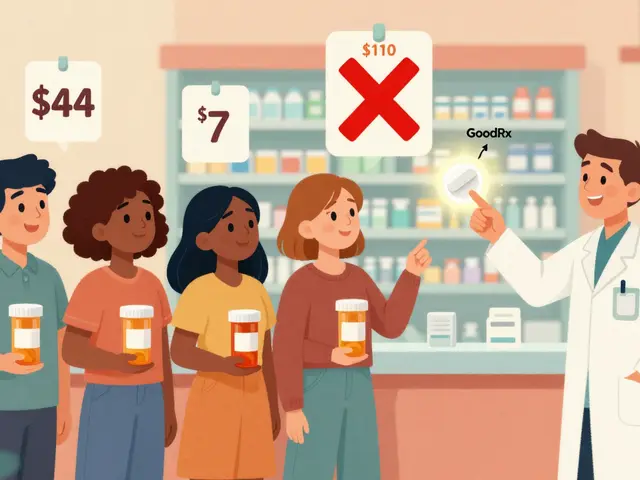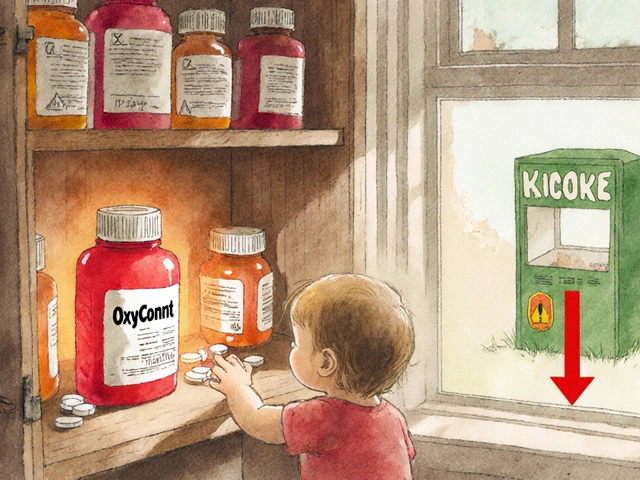Traveling with Meds: Practical Tips for Flights, Customs & Buying Abroad
Traveling should be about the trip, not worrying whether your meds make it. Start by organizing what you actually need and how to carry it so you avoid customs trouble, wasted refills, or ruined insulin. These tips are simple, concrete, and meant to keep you moving.
Before you go
Carry a dated doctor’s note and original prescription bottles. For controlled meds, get a letter that names the drug, dose, diagnosis, and your doctor’s contact. Pack enough for the trip plus two extra days in case of delays. Put meds in your carry-on, not checked luggage—planes get delayed and bags get lost. If a medicine needs cold storage (insulin, some biologics), bring an insulated case and a small cooler pack labeled as medication; call the airline ahead to ask about onboard storage options.
Check local laws where you’re going. Some drugs legal at home are restricted abroad. Use official customs guidance for the destination—there are limits and banned substances. If you plan to import meds by mail, read the customs rules for the U.S. or the receiving country; excessive quantities or certain substances can be seized and lead to fines.
Buying meds abroad or online while traveling
Short on meds mid-trip? Prefer buying online? Use pharmacies with clear credentials: visible license numbers, verified contact info, HTTPS checkout, and a real prescription requirement. Avoid sites that sell controlled drugs without prescriptions or have suspiciously low prices. Reviews and comparison articles can help—look for recent, specific feedback (shipping time, packaging, authenticity).
If you use international online pharmacies, expect customs checks. Shipments marked as "medicine" may still be inspected or held. For urgent needs, local pharmacies in many countries carry common drugs—bring a photo of your prescription and the generic drug name to avoid confusion. Know the international nonproprietary name (like acetaminophen vs paracetamol) so local pharmacists can help.
Watch interactions and safety. Traveling changes sleep, diet, and alcohol use—these can alter how meds work. Double-check major interactions (for example, some erectile dysfunction and heart meds can be risky together). If a drug affects balance or alertness, plan transport and activities accordingly.
Insurance and refills: call your insurer or pharmacy before you leave to request an early refill or a vacation supply. If you’re using telemedicine or online prescription services, check if they operate in your destination country. Keep an electronic and a paper copy of your prescriptions and emergency contact details for your doctor.
Final checklist: prescriptions & doctor’s note, meds in carry-on, cold pack if needed, local law check, pharmacy verification if buying online, and a plan for refills or emergencies. Travel smarter—spend less time worrying and more time enjoying the trip.
1
Traveling with Chronic Hepatitis C: Tips for Staying Healthy on the Go
Traveling with chronic Hepatitis C can be a challenge, but it's not impossible. It's vital to take certain precautions like staying hydrated, avoiding alcohol, and maintaining a balanced diet. Always carry your medication and medical reports with you. Regular exercise can also help, along with getting plenty of rest. Most importantly, always consult with your doctor before planning any trip.
Latest Posts
Popular Posts
-
 Out-of-Pocket Costs: How Generics Cut Your Drug Bills - and When They Still Hurt
Out-of-Pocket Costs: How Generics Cut Your Drug Bills - and When They Still Hurt
-
 Stinging Insect Allergy: What Venom Immunotherapy Really Does for You
Stinging Insect Allergy: What Venom Immunotherapy Really Does for You
-
 Enteral Feeding Tube Medication Safety: Compatibility and Flushing Protocols Explained
Enteral Feeding Tube Medication Safety: Compatibility and Flushing Protocols Explained
-
 Extended Use Dates: How the FDA Extends Drug Expiration Dates During Shortages
Extended Use Dates: How the FDA Extends Drug Expiration Dates During Shortages
-
 OTC Heartburn Medications: Antacids, H2 Blockers & PPIs Explained
OTC Heartburn Medications: Antacids, H2 Blockers & PPIs Explained



